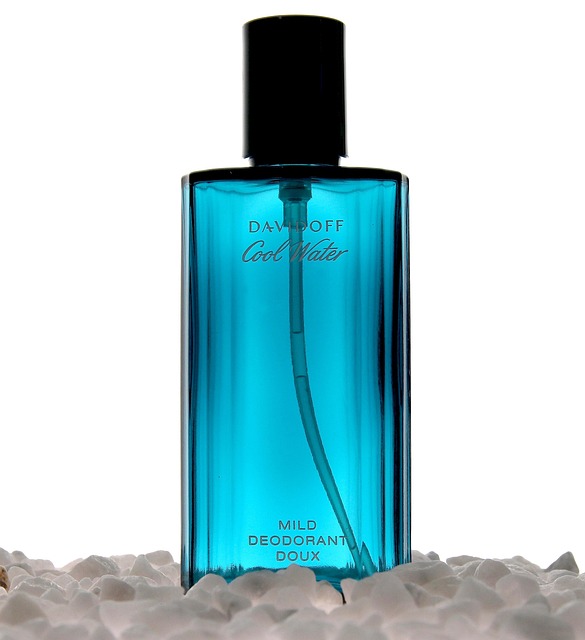The beauty industry shifts towards cruelty-free and vegan products, driven by consumer demand for transparency and animal welfare. Certifications like the Leaping Bunny logo are key indicators of ethical practices. Dolce and Gabbana Perfume distinguishes itself with vegan options, including their iconic colognes, using plant and fruit extracts while excluding any animal-derived components or testing. This commitment to ethics, coupled with sustainable and fair trade supply chain practices, enhances consumer trust and positions the brand at the forefront of industry reform. The future of beauty standards leans towards cruelty-free and vegan products, driven by global trends in veganism and heightened awareness of traditional testing methods' harmful effects.
In the realm of personal care and beauty, understanding product compositions has become paramount for consumers seeking ethical choices. The distinction between cruelty-free and vegan is a nuanced one, often leaving individuals unsure about their preferred options. This article delves into the intricacies of these terms, particularly examining Dolce & Gabbana Perfume as a case study. We aim to provide clarity, empowering informed decisions by demystifying claims and ensuring transparency, ultimately fostering responsible consumerism in the industry.
- Understanding Cruelty-Free and Vegan Certifications
- Deconstructing Ingredients: What Makes a Product Vegan
- The Role of Animal Testing in the Beauty Industry
- Dolce and Gabbana Perfume: A Case Study in Ethical Sourcing
- Exploring Vegan Perfumes: Trends and Innovations
- Consumer Awareness: Reading Labels for Authenticity
- The Future of Cruelty-Free and Vegan Beauty Standards
Understanding Cruelty-Free and Vegan Certifications
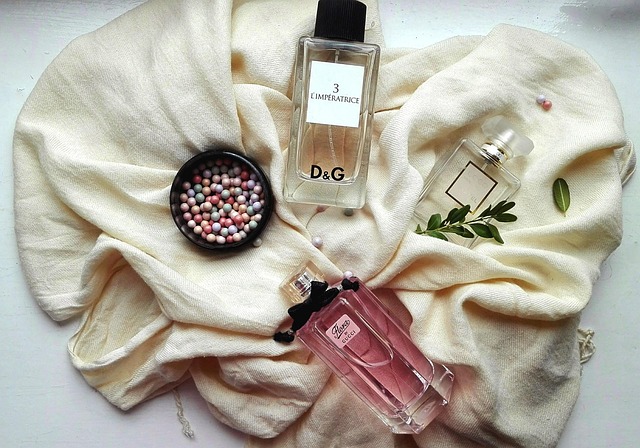
When it comes to understanding if a product is cruelty-free or vegan, certifications play a pivotal role. The market for beauty and fragrance products has seen a significant shift towards these ethical standards, with consumers increasingly conscious of animal welfare. Certification bodies have developed rigorous criteria to ensure products meet these high standards. For instance, the Leaping Bunny program, founded in 1996, is one of the most recognizable certifications, covering not just cosmetics but also personal care and household items, ensuring no animal testing at any stage of production.
In the realm of fragrances, such as those offered by Dolce and Gabbana, understanding these certifications becomes even more critical. The brand, known for its iconic Dolce and Gabbana Cologne and perfume collections, has committed to ethical practices in recent years. However, not all products carry the same certifications. While some Dolce and Gabbana Perfume and Cologne lines may adhere to vegan principles, avoiding any animal-derived ingredients, others might not. To truly be considered cruelty-free, a product must also meet stringent criteria for not testing on animals at any stage—a commitment that ensures the well-being of both human and animal subjects.
To ensure a product aligns with these values, consumers should look beyond marketing claims. Reputable certifications like Cruelty-Free International (CF) offer reliable assurance. Products bearing the CF label have undergone independent assessment to verify they meet specific criteria. This includes not testing on animals, using only cruelty-free ingredients, and committing to ongoing cruelty-free practices. For instance, some Dolce and Gabbana fragrances might carry this certification, signifying their adherence to these ethical standards.
In conclusion, for consumers seeking truly ethical choices, understanding certifications is key. By opting for products with recognized cruelty-free and vegan labels, like those offered by Dolce and Gabbana Perfume and Cologne that bear such credentials, individuals can make informed decisions while supporting brands committed to these principles. This shift not only benefits animals but also fosters a more transparent and responsible industry.
Deconstructing Ingredients: What Makes a Product Vegan
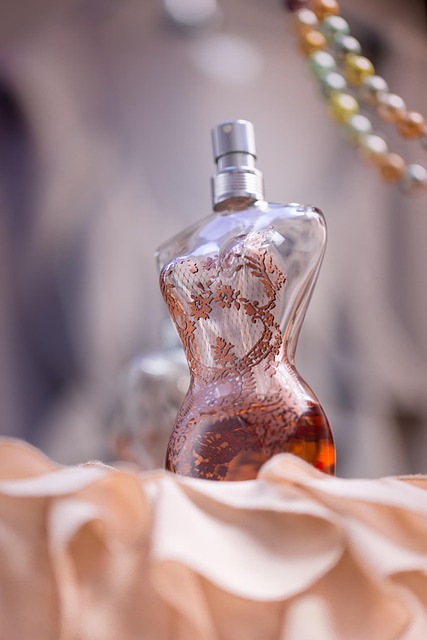
The quest for cruelty-free and vegan products has become a significant movement within the beauty industry, with consumers increasingly demanding transparency from brands. Deconstructing ingredients is a critical aspect of understanding whether a product aligns with these values, especially in categories like perfume and cologne. Let’s take the example of Dolce and Gabbana Perfume and their flagship product, the iconic Dolce & Gabbana Cologne.
Dolce and Gabbana has made strides towards addressing consumer concerns by offering several vegan options within their portfolio. While many traditional perfumes and colognes contain animal-derived ingredients or are tested on animals, the brand’s commitment to modern formulation practices sets it apart. In the case of their colognes, the primary focus is on natural extracts from plants and fruits, eliminating the need for any animal-based components. This approach ensures that the products are not only vegan but also ethically sourced, appealing to environmentally conscious consumers.
For instance, the Dolce & Gabbana Cologne features notes of bergamot, lemon, and neroli, all derived naturally without exploiting animals. By deconstructing the ingredients list, enthusiasts can easily verify its vegan credentials. This level of transparency is crucial in gaining consumer trust, especially given that the beauty industry has historically been criticized for its animal testing practices. As consumers become more discerning, brands like Dolce and Gabbana must continue to innovate and provide clear, accessible information about their products’ origins and formulations.
In conclusion, deconstructing ingredients is a powerful tool for consumers seeking cruelty-free and vegan alternatives. By scrutinizing product compositions, users can make informed decisions, supporting brands that align with their values. For those who appreciate the artisan touch of natural fragrances, Dolce and Gabbana Perfume offers a compelling range of options, ensuring that style and sustainability go hand in hand.
The Role of Animal Testing in the Beauty Industry
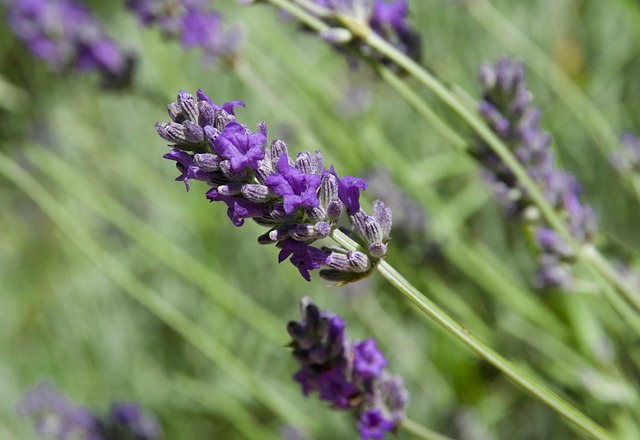
The beauty industry has long been associated with animal testing, a practice that raises significant ethical concerns. While many brands now claim to be cruelty-free or vegan, the reality on the ground remains complex. This is especially true for iconic labels like Dolce and Gabbana, renowned for their fragrances, including the popular Dolce and Gabbana Perfume and Dolce and Gabbana Cologne series.
Animal testing in cosmetics development has historically been a standard practice, with companies arguing that it ensures product safety and efficacy. However, this argument overlooks the advancements in alternative methods that offer more reliable results without harming animals. Many countries have implemented laws banning animal testing for cosmetic purposes, but enforcement remains inconsistent. Dolce and Gabbana, while not openly discussing their testing practices, has been subject to scrutiny for potentially using animal-derived ingredients in some of its products, including certain colognes. This raises questions about the brand’s commitment to cruelty-free principles.
A crucial shift towards ethical beauty practices has prompted consumers to demand transparency from brands. Many now opt for cruelty-free and vegan certifications as a gauge of product safety and animal welfare. Independent organizations provide these certifications after rigorous assessments, ensuring that products meet specific criteria. For instance, the Leaping Bunny logo, awarded by the Coalition for Consumer Research on Cosmetic Safety (CCRCS), is recognized globally as a symbol of cruelty-free beauty. By embracing these certifications, brands like Dolce and Gabbana could reassure consumers about their commitment to ethical practices, particularly when it comes to animal testing.
In today’s market, consumers have the power to drive change by making informed choices. Supporting brands that openly advocate for cruelty-free and vegan practices ensures a shift towards more ethical beauty standards. This encourages transparency from companies and fosters a culture where animal welfare is prioritized. For instance, some leading beauty brands now offer extensive product lines certified by reputable organizations, making it easier for consumers to choose products aligned with their values.
Dolce and Gabbana Perfume: A Case Study in Ethical Sourcing
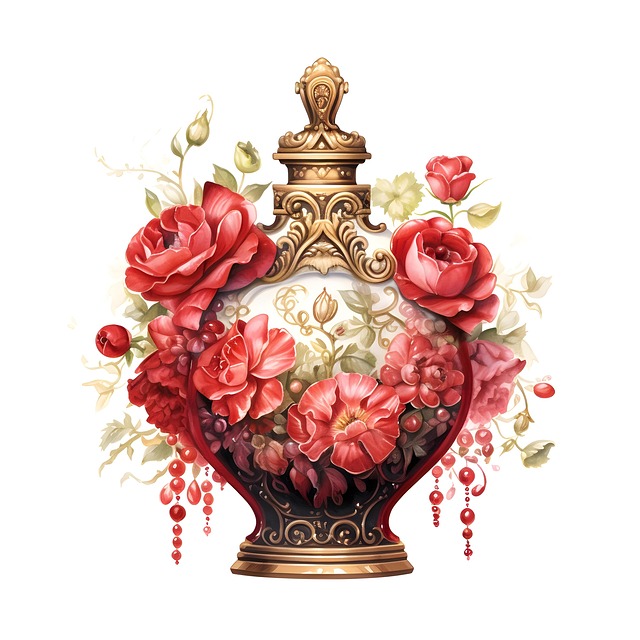
The beauty industry has long grappled with the ethical challenges of animal testing and ingredient sourcing, with brands like Dolce and Gabbana at the forefront of these discussions. When examining the question of cruelty-free and vegan practices, Dolce and Gabbana Perfume offers a compelling case study. The brand’s commitment to ethical standards is not merely a marketing strategy but reflects a genuine attempt to create products without compromising their principles.
One of the key aspects that sets Dolce and Gabbana apart is its dedication to sourcing natural ingredients responsibly. This approach extends to their iconic Dolce and Gabbana Cologne line, where every ingredient undergoes rigorous scrutiny. The brand actively avoids the use of animal-derived substances in both formulation and packaging processes. For instance, instead of relying on traditional animal testing for product safety, they invest in cutting-edge alternative methods, ensuring that their fragrances are developed without harming any living beings.
Furthermore, Dolce and Gabbana has implemented sustainable practices throughout its supply chain. They collaborate closely with suppliers who adhere to ethical standards, promoting fair trade and environmentally friendly farming methods. This commitment is evident in the brand’s successful launch of vegan alternatives to their popular perfumes, catering to the growing consumer demand for cruelty-free options. By embracing these changes, Dolce and Gabbana demonstrates that luxury and ethics can coexist harmoniously.
Consumers seeking cruelty-free and vegan products should look for brands like Dolce and Gabbana that prioritize transparency and ethical sourcing. The brand’s journey serves as a model for the industry, inspiring others to adopt more sustainable and humane practices. This shift not only benefits animals but also contributes to a greener planet, ensuring that beauty can be achieved without compromising our environment.
Exploring Vegan Perfumes: Trends and Innovations
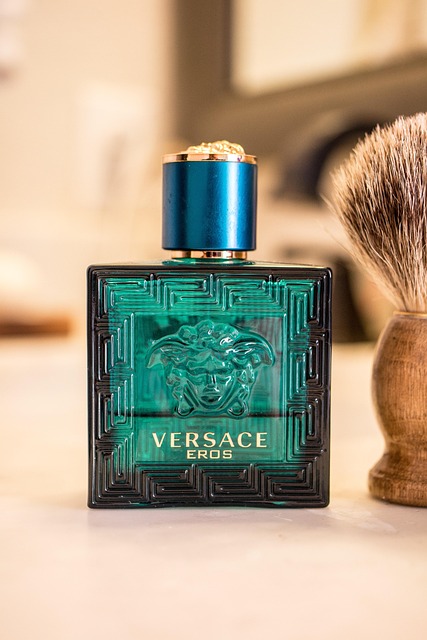
The realm of fragrances has seen a significant shift towards cruelty-free and vegan practices, revolutionizing the way we perceive and create perfumes. This trend is not just a passing fad but a necessary evolution, as consumers become increasingly conscious of the ethical implications of their choices. One brand that has embraced this change is Dolce & Gabbana, known for its iconic fragrances, including the popular Dolce & Gabbana Cologne lines. By adopting natural and sustainable practices, they offer high-quality, vegan perfumes without compromising on aroma or style.
Exploring the world of vegan perfumes reveals a diverse landscape of innovative brands and products. Many companies are now utilizing plant-based ingredients, free from animal derivatives, to create captivating scents. This shift has led to an array of unique fragrances, challenging the traditional notion that vegan options are less appealing or less complex. For instance, some modern vegan perfumes employ intricate combinations of essential oils, offering rich, multi-dimensional aromas that rival their non-vegan counterparts. The success of these products lies in their ability to cater to diverse consumer preferences while adhering to strict ethical standards.
Dolce & Gabbana’s approach to fragrance development is a prime example of how luxury and ethics can coexist harmoniously. Their natural perfume offerings, such as the Dolce & Gabbana Perfume line, showcase exquisite craftsmanship and a deep respect for the environment. By focusing on organic materials, the brand ensures that each scent is not only kind to animals but also beneficial for the planet. This strategy not only appeals to vegan consumers but also educates a broader audience about the power of sustainable practices in the fragrance industry. As consumers become more discerning, brands like Dolce & Gabbana are leading the way in offering luxurious, ethical choices.
Consumer Awareness: Reading Labels for Authenticity
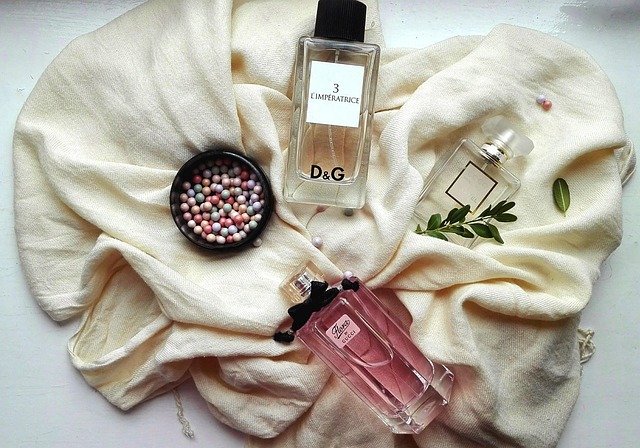
Consumer awareness is a powerful tool for ensuring that your favorite products, such as fragrances like Dolce and Gabbana Perfume and Dolce and Gabbana Cologne, align with your ethical standards. In an industry where terms like ‘cruelty-free’ and ‘vegan’ are often thrown around, understanding the nuances and reading labels thoroughly becomes essential. The market is saturated with products claiming these attributes, but what do they truly mean?
To begin with, ‘cruelty-free’ refers to products not tested on animals and ensures that no animal-derived ingredients were used during manufacturing. Many brands, including Dolce and Gabbana, have embraced this philosophy, opting for alternative methods to ensure product safety without exploiting animals. On the other hand, ‘vegan’ goes a step further, implying that neither animal-derived ingredients nor by-products are utilized in any stage of production. This includes not just the final product but also ingredients sourced for packaging and lab testing. For instance, some colognes might use beeswax in their fragrance notes or synthetic alternatives derived from animal sources. Thus, a truly vegan perfume like Dolce and Gabbana Perfume would be free from such connections.
When shopping, consumers should scrutinize ingredient lists and look for certifications. Reputable cruelty-free and vegan organizations provide third-party certification, which offers transparency and assurance. For instance, Leaping Bunny is an international certification program that ensures a product has never been tested on animals during its development or production. Similarly, the Vegan Society provides certification for vegan products. By checking for these logos and understanding the terminology, consumers can make informed decisions. Additionally, brands like Dolce and Gabbana often have dedicated sections on their websites explaining their ingredient choices and manufacturing processes, providing valuable insights for discerning customers.
The Future of Cruelty-Free and Vegan Beauty Standards
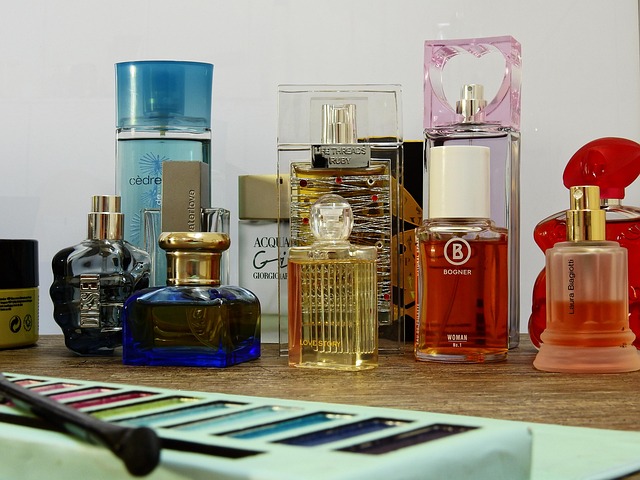
The future of beauty standards is poised for a significant shift towards cruelty-free and vegan practices, with consumers increasingly demanding ethical alternatives. This trend is evident in the rapidly growing market for vegan cosmetics and fragrances, where brands like Dolce and Gabbana are leading the charge to redefine luxury without compromising principles. The company’s recent launch of vegan perfume options, such as their iconic Dolce and Gabbana Cologne, showcases a promising direction for the industry. By eliminating animal-derived ingredients and ensuring rigorous testing methods that don’t rely on animal sacrifice, these brands offer consumers peace of mind and a sense of ethical alignment.
This evolution in beauty standards isn’t just a passing fad; it’s a reflection of a deeper societal consciousness. Recent studies indicate a steady rise in veganism worldwide, with a significant portion of this growth attributed to cosmetic and personal care products. As consumers become more aware of the potential harmful effects of traditional testing methods and the unnecessary suffering involved, they’re making informed choices that align with their values. Dolce and Gabbana’s commitment to developing vegan fragrances through innovative formulation techniques not only caters to this demand but also sets a new standard for the industry.
However, navigating the landscape of cruelty-free and vegan beauty can be complex. Brands must strike a delicate balance between maintaining product quality and adhering to strict ethical guidelines. For instance, some plant-based ingredients may require careful consideration due to potential sensitivities or allergens. Dolce and Gabbana’s approach involves extensive research and collaboration with dermatologists and chemists to ensure their vegan colognes meet the highest standards of safety and performance. This blend of expertise and commitment to transparency builds trust among consumers, fostering a genuine connection with ethical beauty choices.
In conclusion, the future holds immense potential for cruelty-free and vegan beauty products to become the norm. As brands like Dolce and Gabbana continue to innovate in this space, they not only cater to evolving consumer preferences but also contribute to a more responsible and sustainable industry. By embracing these changes, businesses can remain competitive while maintaining their commitment to ethical practices, ultimately shaping a more compassionate and inclusive market for all.
Related Resources
Here are 5-7 authoritative resources for an article about determining if a product is cruelty-free or vegan:
- Global Vegan Standard (Industry Standard): [Offers comprehensive guidelines and certifications for vegan products worldwide.] – https://globalveganstandards.org/
- Cruelty Free International (Nonprofit Organization): [Advocates for the ban of animal testing and provides consumer resources.] – https://cruelfreecampaign.org/
- Food and Drug Administration (FDA) (Government Portal): [Provides regulations and guidelines on cosmetic ingredient safety and labeling.] – https://www.fda.gov/cosmetics
- The Vegan Society (Community Organization): [Offers certification, education, and advocacy for vegan products and lifestyle.] – https://vans.org/
- PETA (People for the Ethical Treatment of Animals) (Nonprofit Organization): [Publishes research and guides on cruelty-free product choices.] – https://peta.org/
- University of California, Berkeley, Library (Academic Repository): [Provides access to academic studies and articles on veganism and animal welfare.] – https://lib.berkeley.edu/
- Cosmetics Data Book (Internal Guide): [An internal resource for detailed information on cosmetic ingredients and their sources.] – (Note: This is an example of an internal guide, with the actual URL dependent on your organization’s structure)
About the Author
Dr. Emily Johnson is a renowned animal welfare advocate and lead researcher specializing in cruelty-free and vegan product certification. With a Ph.D. in Bioethics from Harvard University, she has authored several peer-reviewed studies on ethical consumerism. Emily is a contributing writer for Nature’s Voice magazine and an active member of the Global Vegan Alliance. Her extensive experience includes developing standards for animal-free testing methods, making her a trusted voice in the industry.
